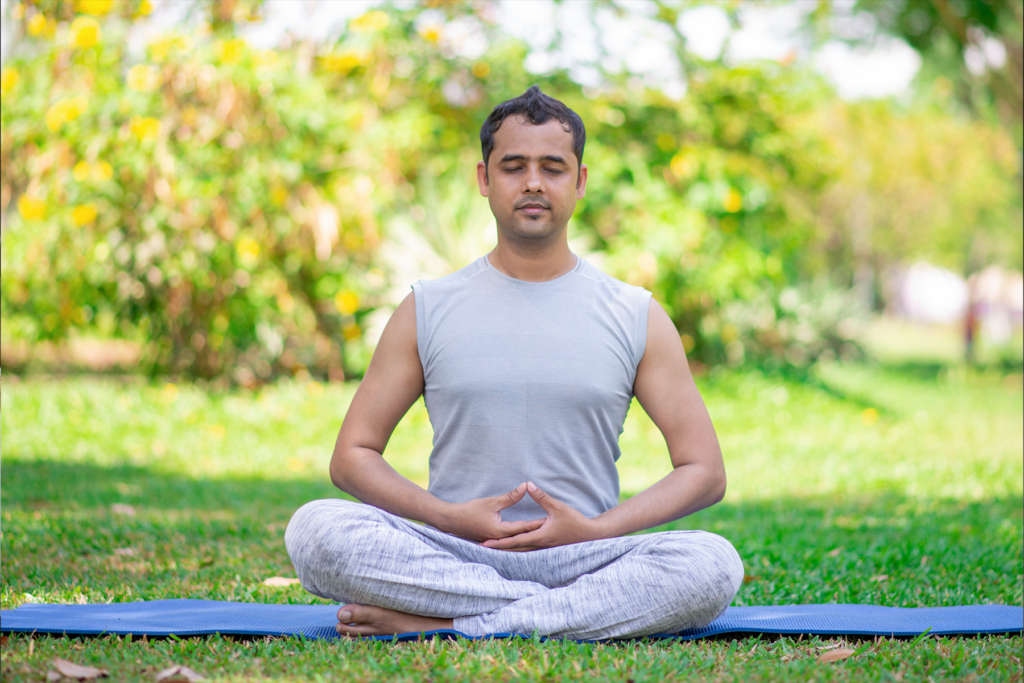Newsletter
Sign up for our newsletter to get updated information.

is a ancient practice that combines physical postures, breathing exercises, and meditation to promote physical, mental, and spiritual well-being. It enhances flexibility, strength, and relaxation, while also fostering mindfulness and inner calm.
Yoga, an ancient practice originating in India, offers a multitude of benefits that encompass physical, mental, and emotional well-being. Through a combination of physical postures (asanas), controlled breathing (pranayama), and meditation, yoga provides a holistic approach to improving various aspects of life. Here are some significant benefits of practicing yoga:
Physical Benefits:
Flexibility: Regular practice of yoga gradually improves flexibility by lengthening muscles and increasing joint range of motion. This reduces the risk of injuries and enhances overall mobility.
Strength: Many yoga poses require supporting your body weight, leading to increased muscular strength. Strong muscles contribute to better posture and overall body stability.
Balance and Coordination: Yoga poses often challenge balance and coordination, helping to improve these skills over time. This can be especially beneficial for the elderly in preventing falls.
Pain Relief: Yoga can alleviate chronic pain conditions such as lower back pain, arthritis, and migraines. It promotes relaxation and releases tension in muscles, reducing discomfort.
Improved Breathing: Pranayama, or breath control exercises in yoga, enhance lung capacity, increase oxygen intake, and improve respiratory function. This supports overall cardiovascular health.
Weight Management: Certain types of yoga, such as Vinyasa or Power Yoga, provide a cardiovascular workout that aids in weight management by burning calories and boosting metabolism.
Mental and Emotional Benefits:
Stress Reduction: Yoga encourages mindfulness and relaxation, reducing the production of stress hormones. Regular practice promotes a sense of calmness and helps manage daily stressors.
Anxiety and Depression Management: Yoga fosters a mind-body connection that can alleviate symptoms of anxiety and depression. Mindfulness and meditation techniques can improve emotional well-being.
Mood Enhancement: Yoga practice increases the production of serotonin, often referred to as the “feel-good” neurotransmitter. This can lead to improved mood and a greater sense of happiness.
Cognitive Function: Yoga supports cognitive health by promoting mindfulness and concentration. Meditation and breathwork have been linked to enhanced memory and mental clarity.